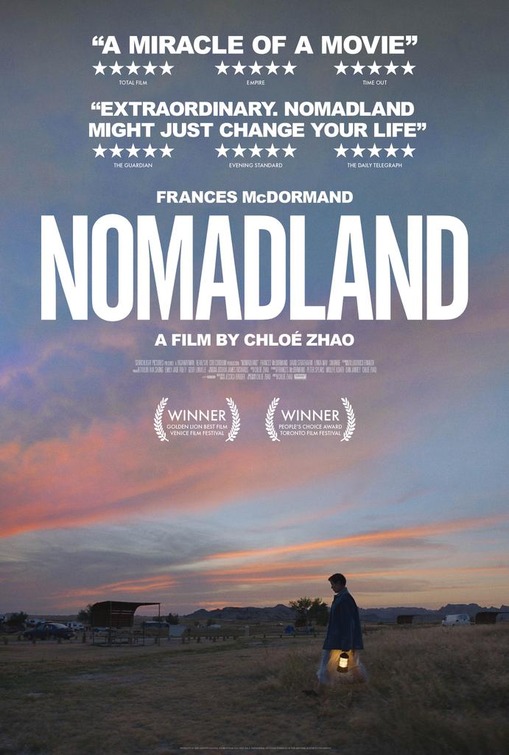
It’s a reality that has left wide swaths of the country, like northwest Nevada, out to dry.Īs Phil Longman and Daniel Block have documented, the rise of corporate monopolies since the 1980s has led to a clustering of growth in coastal metro areas and a staggering decline virtually everywhere else in between. economy being concentrated by fewer and fewer corporations and thus in fewer and fewer places. The backdrop of the entire narrative is a subject familiar to readers of this magazine: the hollowing out of middle America and the growing regional inequality that stems, in large part, from the U.S. Instead, it shows humble men and women who don’t scapegoat others and who manage to preserve their dignity and, to a large extent, their own personal freedom in the face of systemic forces that are exploiting them. It doesn’t point to bad habits (drugs and laziness), bad morals (racism and Trumpism), or bad attitudes (toxic masculinity and perverted Christianity). Vance’s flawed Hillbilly Elegy, and so many other accounts like it, this film does not blame the victims for their own downward mobility. It offers a rare and sympathetic vision of what’s happening to the American working class in the deindustrialized heartland.

Fern is one of the movie’s few fictional characters.īut Nomadland is much more than an exploration of a unique subculture.

Based on Jessica Bruder’s 2017 nonfiction book of the same name, the film has many of the same subjects playing themselves: Bob Wells, who preaches to nomads about the spiritual dimensions of homelessness Swankie, a cancer-stricken free spirit with only months left to live and Linda May, Fern’s caring and soft-spoken best friend.

On the surface, it’s easy to think of Nomadland as a work of ethnography. On her lunch break one day, another Amazon worker shows Fern a tattoo on her arm: “Home, is it just a word? Or is it something that you carry within you?” It’s a common choice for fellow nomads like herself, who have adopted transient, houseless lifestyles, travelling the country in search of temporary work. Now, Fern, played by Frances McDormand, sleeps in a rusty van and works a seasonal job with one of the few employers left in the area: an Amazon shipping center. It became so depopulated that it even lost its zip code. And once the factory went, so, too, did the entire town. She once worked in a US Gypsum plant in Empire, Nevada until the Great Recession drove down the need for drywall and rendered the mine obsolete.

At the beginning of Chloé Zhao’s new film Nomadland, we meet Fern, a late middle-aged widow.


 0 kommentar(er)
0 kommentar(er)
